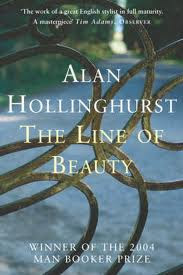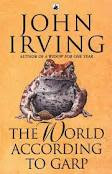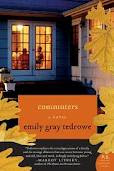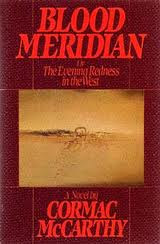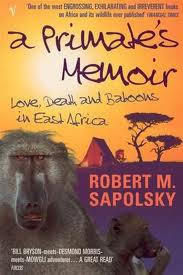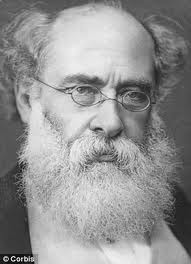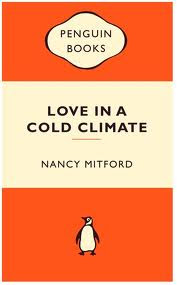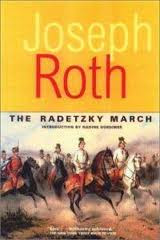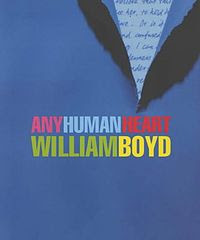I became familiar with the private life of Simone de Beauvoir about a decade ago when I read the three volumes of the Sartre’s letters to her. I know these two are central figures in the existential movement, which redefined modern consciousness, etc etc, but what I really got from his letters was that Simone really needed to break up with Sartre. They were having an ‘open’ relationship, allegedly, which mostly just involved Sartre sleeping with lots of skanks and describing it to her in dreadful detail, e.g., her pubic hair was brown, (I am not exaggerating). Oh GOD Simone. Break up with him.
Anyway, this memoir covers her early life. To learn how she was brought up, in what a conservative and repressive environment, makes you all the more amazed that she managed to become who she was: a central figure in twentieth century thought, and, incredibly SINGLE. Take her father’s compliment to her: Simone, he said, you are fit to be a companion to a hero. Wow.
The young Simone loves Jo, the independent hero of LM Montgomery’s LITTLE WOMEN. I found this quite charming, as lots of studious spotty girls have loved Jo. There’s something very charming about LM Montgomery reaching out to Simone de Beauvoir, who reaches out to us today. It’s the thin line of smart and overly serious girls through history.
She graduates from pleasure reading to very serious philosophical reading, attending the Sorbonne. Simone and co. were just on the verge of developing that godless cosmology which has given birth to our tired, cynical LOLcats age, but they still worked on it in the spirit of their times, which a tireless and touching optimism, totally foreign to us today.
Here she is on socialists: I thought the word had an evil ring; a socialist couldn’t possibly be a tormented soul; he was pursuing ends that were both secular and limied: such moderation irritated me from the outset
. Or on her boyfriend, who is not sure what to do with his life:
Afterall, I told myself, I have no right to blame him for an inconsequence which is that of life itself: it leads us to a certain conclusions and then reveals their emptiness
There are glimpses of the later, letter writing Simne with whom I am familiar. Here is a man off to the war, and leaving her his favourite clock for safekeeping. She barely knows this man, and he confesses, apropos of nothing:
. . .he was a Jew, an illegitimate child, and a sexual maniac: he could only love women weighing more than fifteen stone.; Stepha had been the one exception in his life: hehadhoped that, despite her small stature, she would be able to give him, thanks to her intelligence, an illusion of immense size. The war swept him away; he never came back for his clock.
And on Sartre:
He was still young enough to feel emotional about his future whenever he heard a saxophone playing after his third martini.
Clearly I am still young, I feel emotional about everything after just one martini. Maybe I’m not young, just a lightweight.
Also touching is Simone’s friendship with Zaza, a girl she met in high school, who renamed her friend throughout her early life, fighting with her a brave battle against family and society. Zaza dies of meningtius, which Simone believes is exacerbated by her battle against her family’s marriage plans for her. The last line of the book is a tribute to her:
She has often appeared to me at night, her face all yellow under a pink sun-bonnet, and seeming to gaze reproachfully at me. We had fought together against the revolting fate that had lain ahed of us, and for a long time I believed that I had paid for my own freedom with her death.
The battles of these early feminists puts into rather harsh relief women today who can’t even face having a little argument with their own husbands about having to do the dishes. Nice work, twenty first century ladies.
